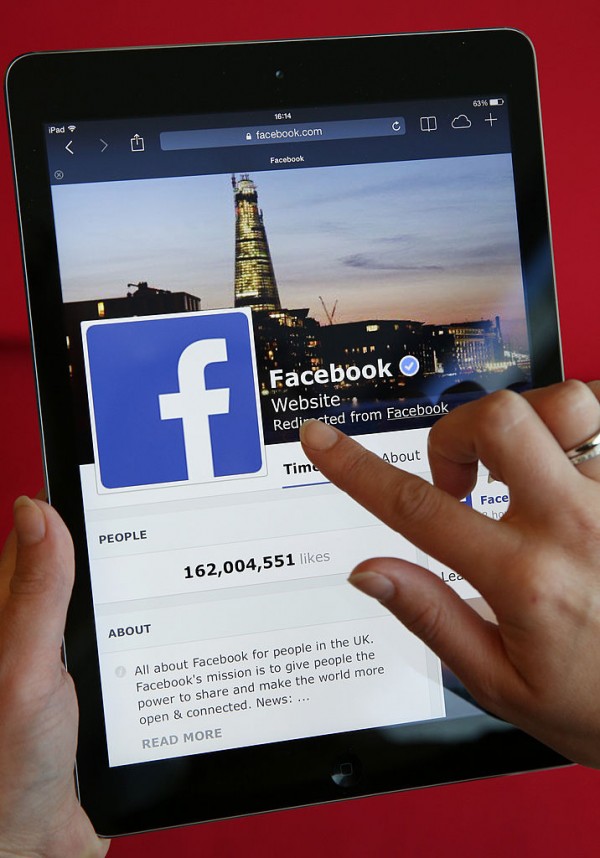
Amercian scientists solved the problem of youth spending sleepless nights. The researchers at the University of California, Irvine held social media responsible for chronic fatigue and crankiness.
Researchers found that lack of sleep can be responsible for mood swings of college-going students and also interferes with their productivity. Sleeplessness at night tempts the users to do online surfing such as logging into Facebook.
Globally, there are 1.55 billion monthly active users of Facebook with 1.39 billion active mobile users and Gloria Mark, a UCI informatics professor suggests that if we are distracted we tend to go to Facebook as it's lightweight and easy.
Sleep deprivation is linked to loss of productivity and can also cause mishaps in workplace such as making drivers falling asleep at the wheel.
According to The Economic Times, Mark stated that there are many studies that suggest how information technology can affect sleep, but they wanted to check how sleep duration influences IT usage.
Experts in the field of human-computer interaction want to know how sleep loss impacts people so they can design better technologies and products.
Mark and her colleagues gathered data from 76 undergraduates comprising 34 males and 42 females for seven days during the spring 2014 quarter.
The study was done to analyze the behavior, activities, and stress levels of students with parameters such as students' gender, age, course load and deadlines. The analyses were done with the help of sensors.
Students' devices such as laptops, computers, and smartphones were equipped with logging software, and time stamps recorded when the students switched from one application window to another and when they spoke on.
The participants of the study were also asked to fill out a sleep survey each morning and an end-of-day survey at night and a general questionnaire for an exit interview.
The participants were asked questions regarding their mood and where they faced difficulty in performing their task and their level of engagement in the task.
The study was based on the concept of "sleep debt", which finds the difference between the amount of sleep needed to the amount of sleep taken.



